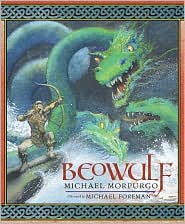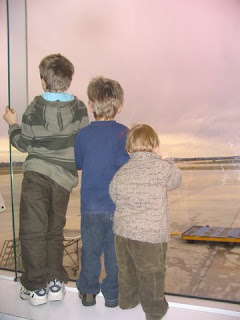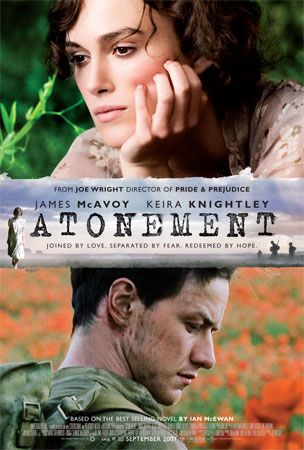 If you're interested in writing, or want to write more clearly, here's a great book by Roy Peter Clark from The Poynter Institute called Writing Tools: 50 Essential Strategies for Every Writer.
If you're interested in writing, or want to write more clearly, here's a great book by Roy Peter Clark from The Poynter Institute called Writing Tools: 50 Essential Strategies for Every Writer.This book is a tool-box stuffed to the brim with 50 suggestions and strategies for writing. There are 4 kinds of writing tools:
- Nuts and bolts: strategies for making meaning at word, sentence and paragraph levels.
- Special effects: tools of economy, clarity, originiality, and persuasion.
- Blueprints: ways of organising and building stories and reports.
- Useful habits: routines for living a life of productive writing.
The book takes you on an enjoyable journey from the most basic building blocks of writing, to the big-picture questions of how to plan, order and live with writing.
Some of the rules you'll know, some will challenge you to see things differently. Some stuck in my head: "Shape short writing with wit and polish." Others intrigued me: "Get the name of the dog." Still others inspired me: "Draft a mission statement for your work."
The author suggests you get to know the tools slowly, to give you time to think about them and practise them. But this book is readable and accessible enough to read in one gulp. It's a great introduction to the art of writing.
For a summary of the 50 tools, see the 50 writing tools quick list. If you prefer listening to reading, check out the 50 writing tools podcasts.



































